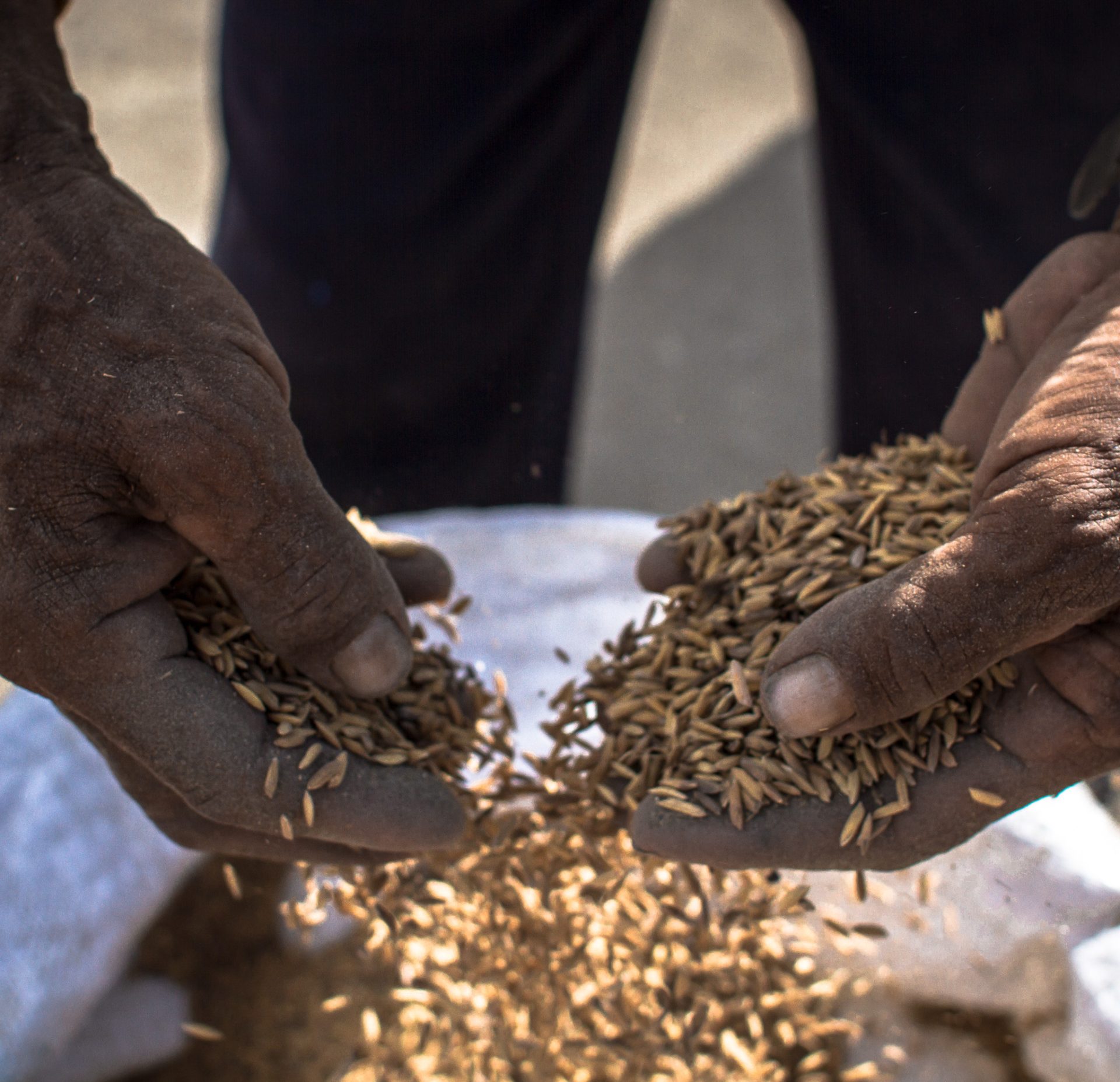The Black Sea Grain Initiative is an agreement first signed in July 2022 by Russia, Ukraine, Turkey and the United Nations to allow the export of Ukrainian grain despite the conflict in Ukraine. The deal has recently been extended but there is some disagreement as to how long this extension should last: Ukraine is pushing for a 120-day extension, whilst Russia is pushing for a 60-day one.
By the end of October 2022, the agreement had allowed for the export of over 18 million tonnes of grain and other agricultural products. However, the agreement is fragile and has been the subject of diplomatic wrangling on multiple occasions.
Since the signing of this agreement, developed countries have captured more than 60 per cent of the grain leaving the country. Of all the grain exported by Ukraine, China is the first recipient, Spain is the second and Turkey the third. Meanwhile, the World Food Programme, which provides food assistance to lower-income countries, only receives eight per cent of the grains under this deal.
The global hunger crisis is a result of a number of factors: climate change, unstable markets, gender inequality and poverty, to name but a few. We know that some countries as well are disproportionately affected by climate change, with the recent floods in Pakistan, and Somalia entering a potentially sixth-failed rainy season, being some of the more recent examples. As such, deals such as the Black Sea grain initiative should not be used as negotiating tools to politicise hunger; it distracts from the realities of an underfunded humanitarian system where the right to food is not accessed by all.
With the length of the deal being uncertain, we should also be looking at longer-term solutions to hunger. Sustainable farming practices for instance place local communities at the heart of the solution to hunger, prioritising local experience and knowledge and minimising negative effects on the environment, society and the economy.
In short, the Russia-Ukraine deal needs to continue, but we should realise that it is not the only solution to mitigate higher food prices and food insecurity worldwide; these are fueled by a number of factors as mentioned.
The conflict in Ukraine shows us the fragility of our food systems. In the short-term, it now compels us to strengthen existing ways we predict, prevent and treat life-threatening hunger. In the long-term, we ultimately need to transform our food systems.


